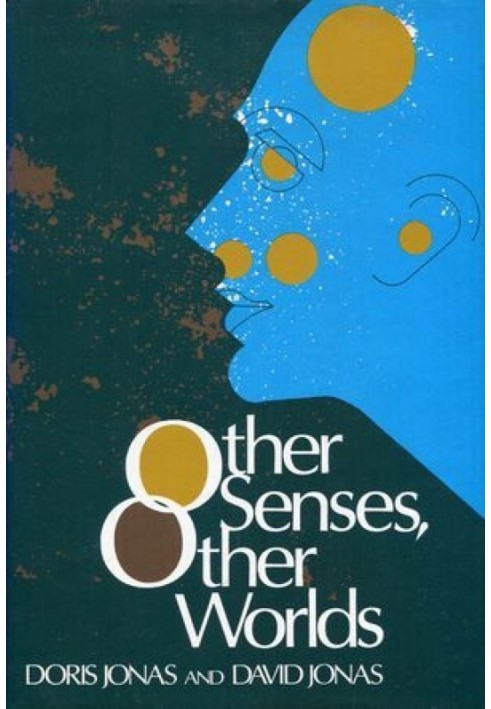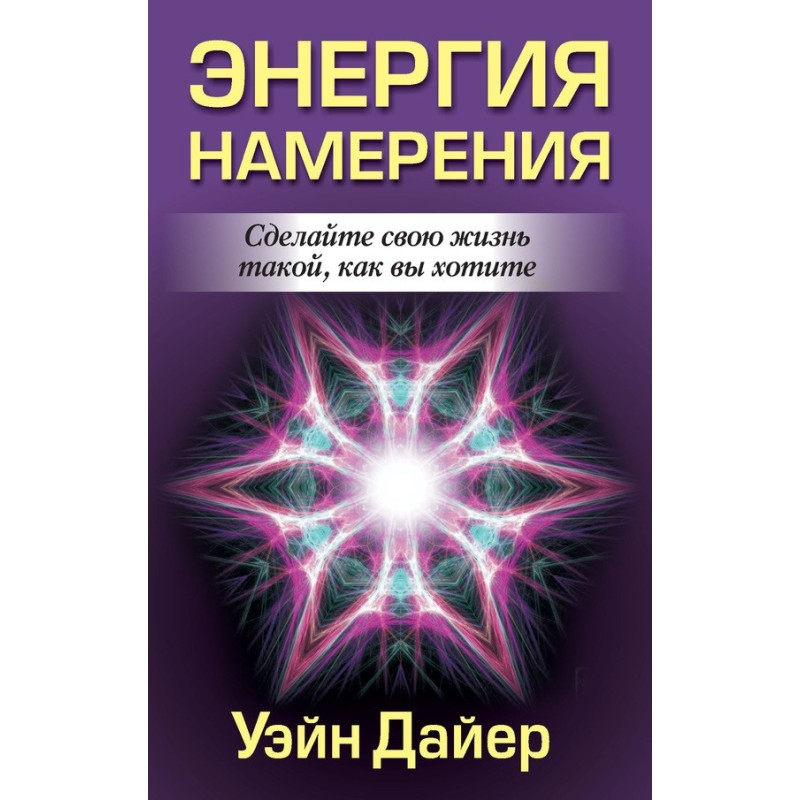Other feelings, other worlds
 Instant download
Instant download
after payment (24/7)
 Wide range of formats
Wide range of formats
(for all gadgets)
 Full book
Full book
(including for Apple and Android)
Scientific evidence now supports science fiction: Someday we will discover life on other planets—maybe in our own solar system, and certainly in other galaxies. But what will that life be like? What forms will it take? Will we find creatures that look like us, talk like us, have families, homes, pets, or governments like ours? Is there a way to find out? According to Doris Jonas and David Jonas, an anthropologist and psychiatrist, respectively, there is. As they set out in search of answers, they take us with them on a fascinating journey into the realm of scientific speculation. Like detectives, they track down clues—little-known scientific facts about our own planet—and piece together their arguments until they form a fantastic, yet plausible picture of life on another world. Join them, for example, as they explore life on a planet inhabited by olfaxes - intelligent creatures whose sense of smell is as well developed as our vision. What environment led to this evolutionary outcome? How does the Olfax language differ from ours and how can we “talk” to them? How has a highly developed sense of smell affected their home life, architecture, technology, and their interest in what for them are other senses and other worlds? The Jonas tell us that some of the answers lie under our very ordinary noses. Think of the amazing sense of smell of a dog or a moth; perhaps these animals can teach us a lesson about how we could communicate with olfaxes. Another planet may be inhabited by beegazers - a species of intelligent creatures whose main sense is a kind of "vision" we know from studies of earthly bees: the ability to perceive polarized light. The bee's ability to calculate the angles of light, plot routes from the hive to the flower and back, and follow them even in the absence of the sun, lies in the insect's incredible, computer-like brain. If there really were bee-like creatures with the same senses as them, then what effect would this have on their language, means of transportation, form of government? And how could we communicate with them if we landed on their home planet? In an area of research that is usually characterized by delusional and unsubstantiated stories about little green men and blobs from outer space, the Jonas couple offer the most pleasant and intriguing idea : Let's use what we know and can learn about the feelings of other creatures who are our neighbors on the planet, and then speculate adequately about what we expect to find somewhere beyond the Earth. Doris Jonas and David Jonas are the authors of the books "Man -child" (Man-Child), "Young Till We Die" and "Sex and Status". Dust jacket design: J. Caroff.
Data sheet
- Name of the Author
- Дорис Джонас
Дэвид Джонас - Language
- Russian
- Translator
- Павел Иванович Волков













